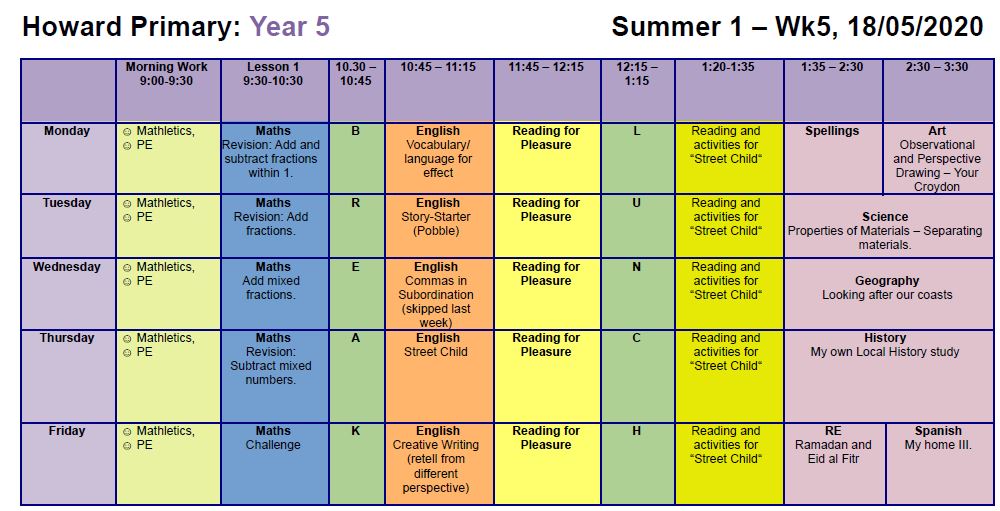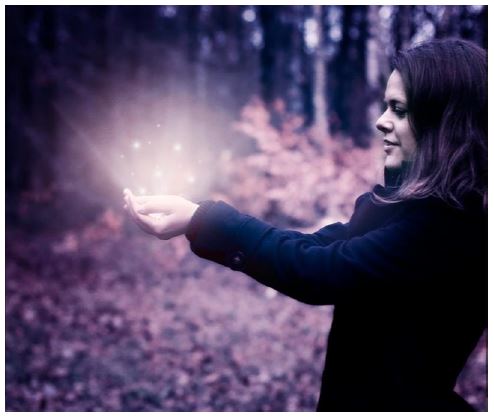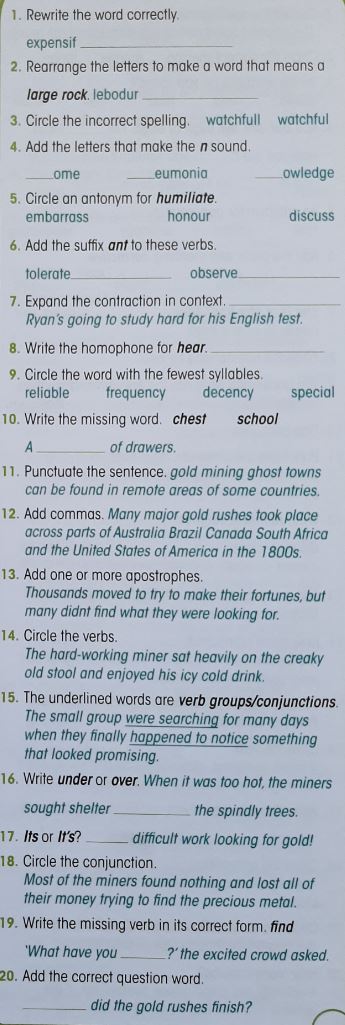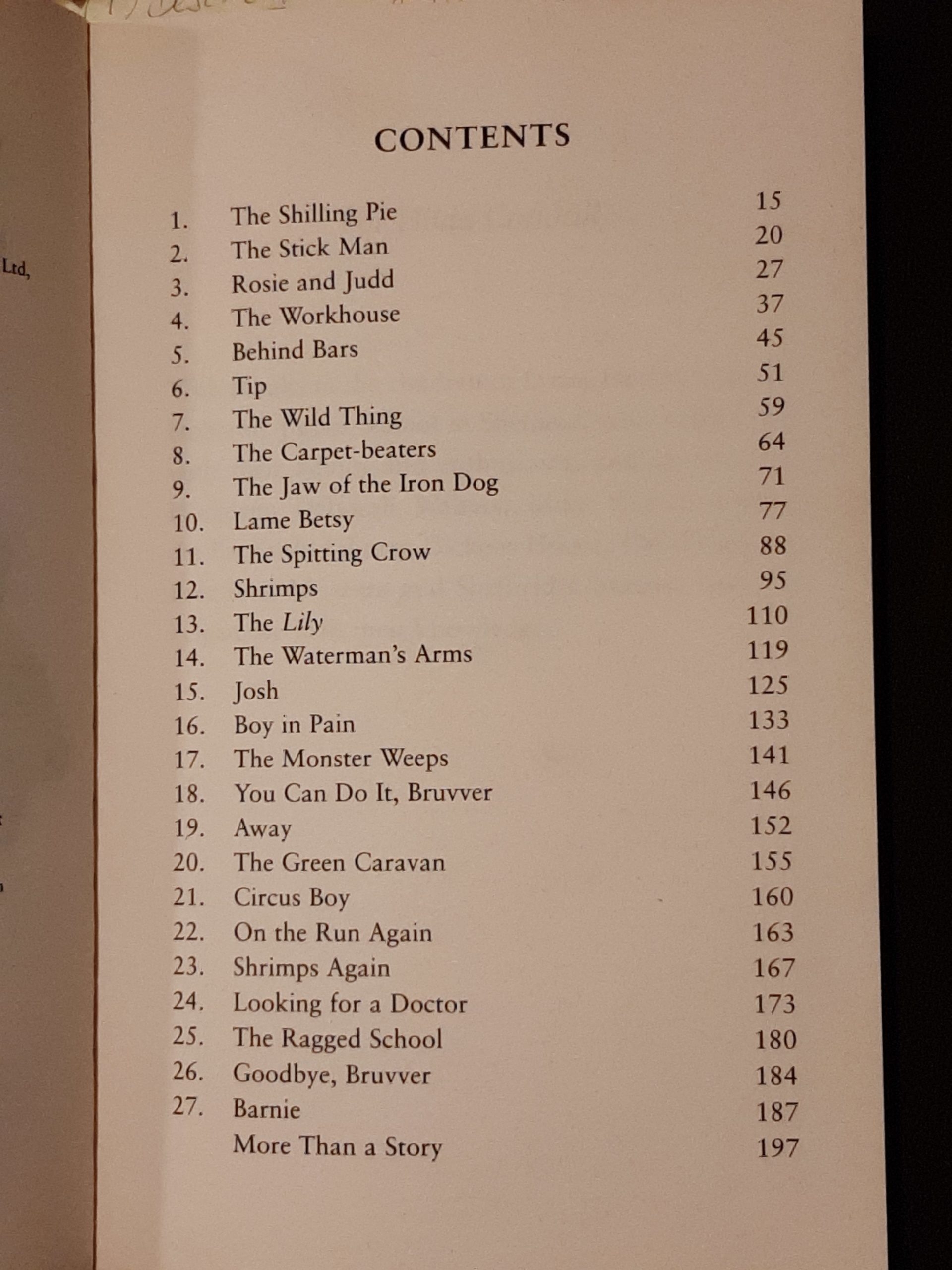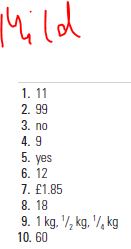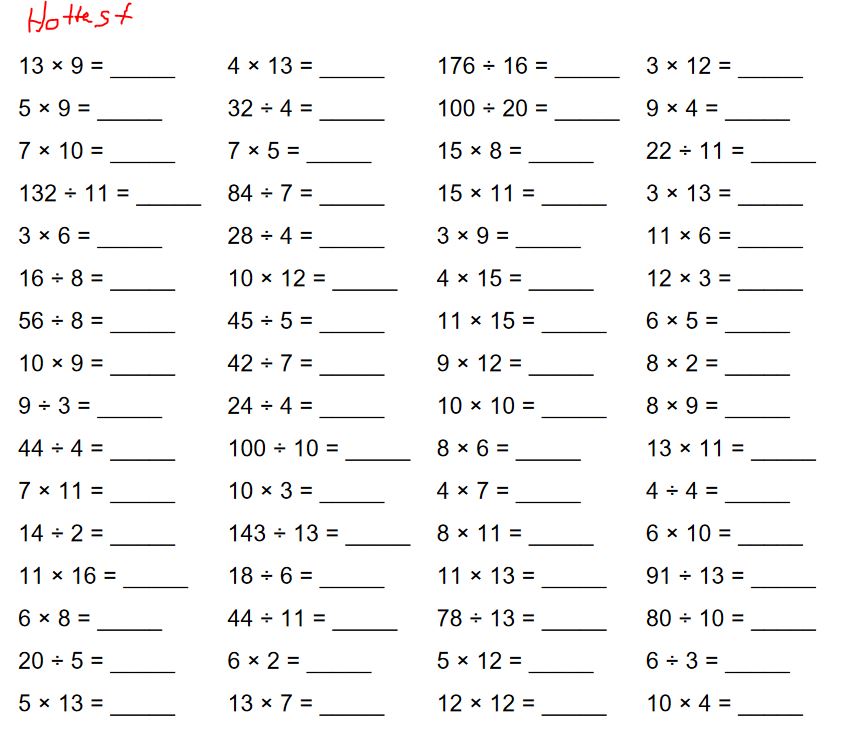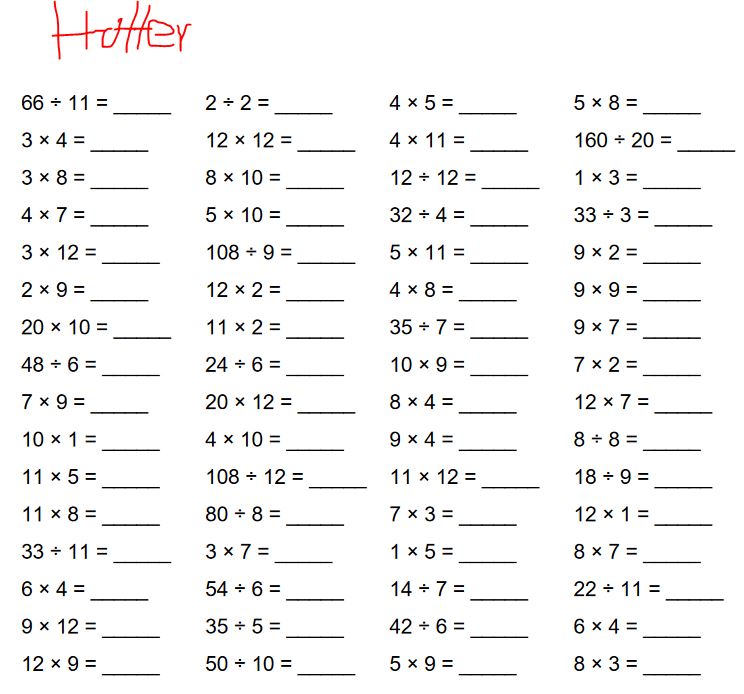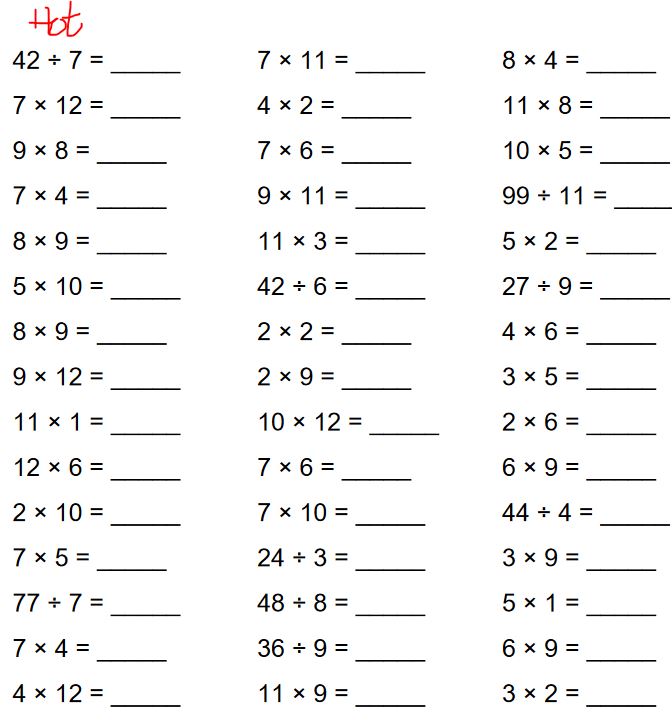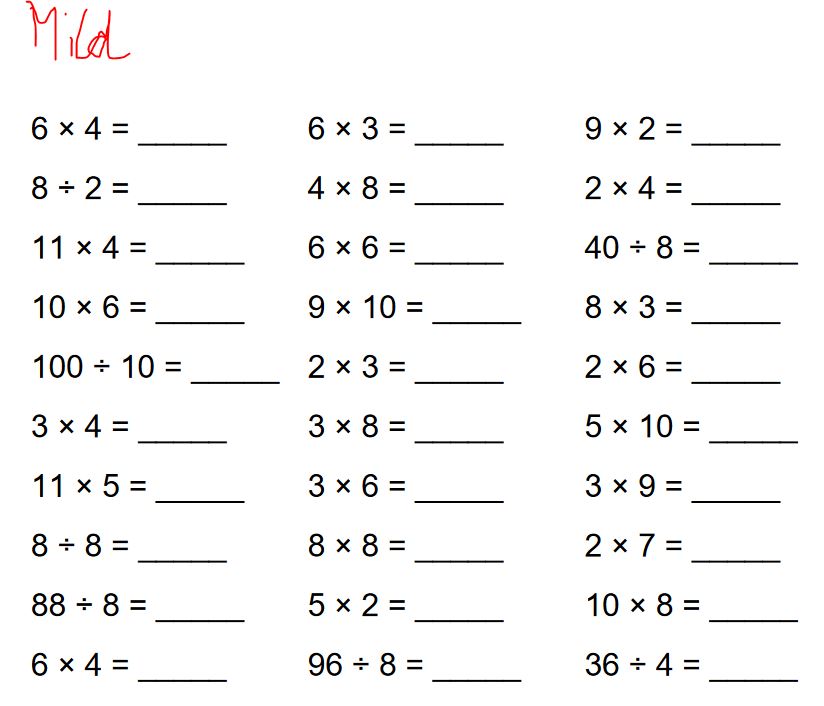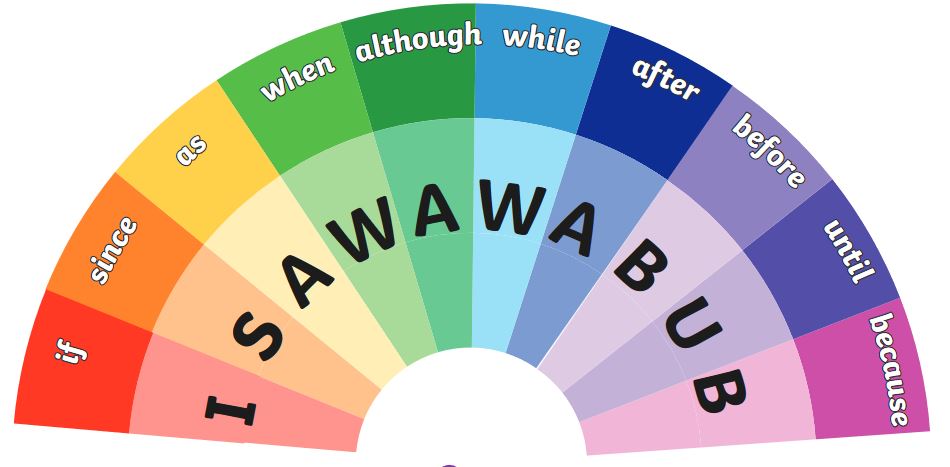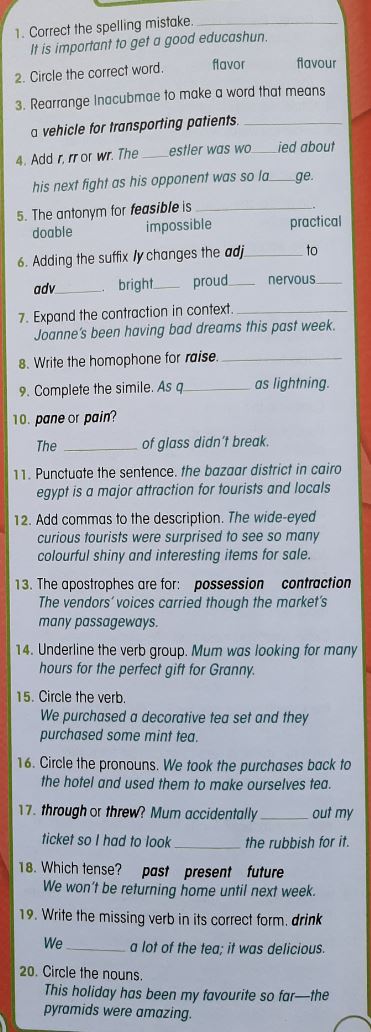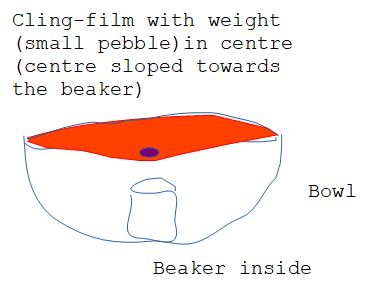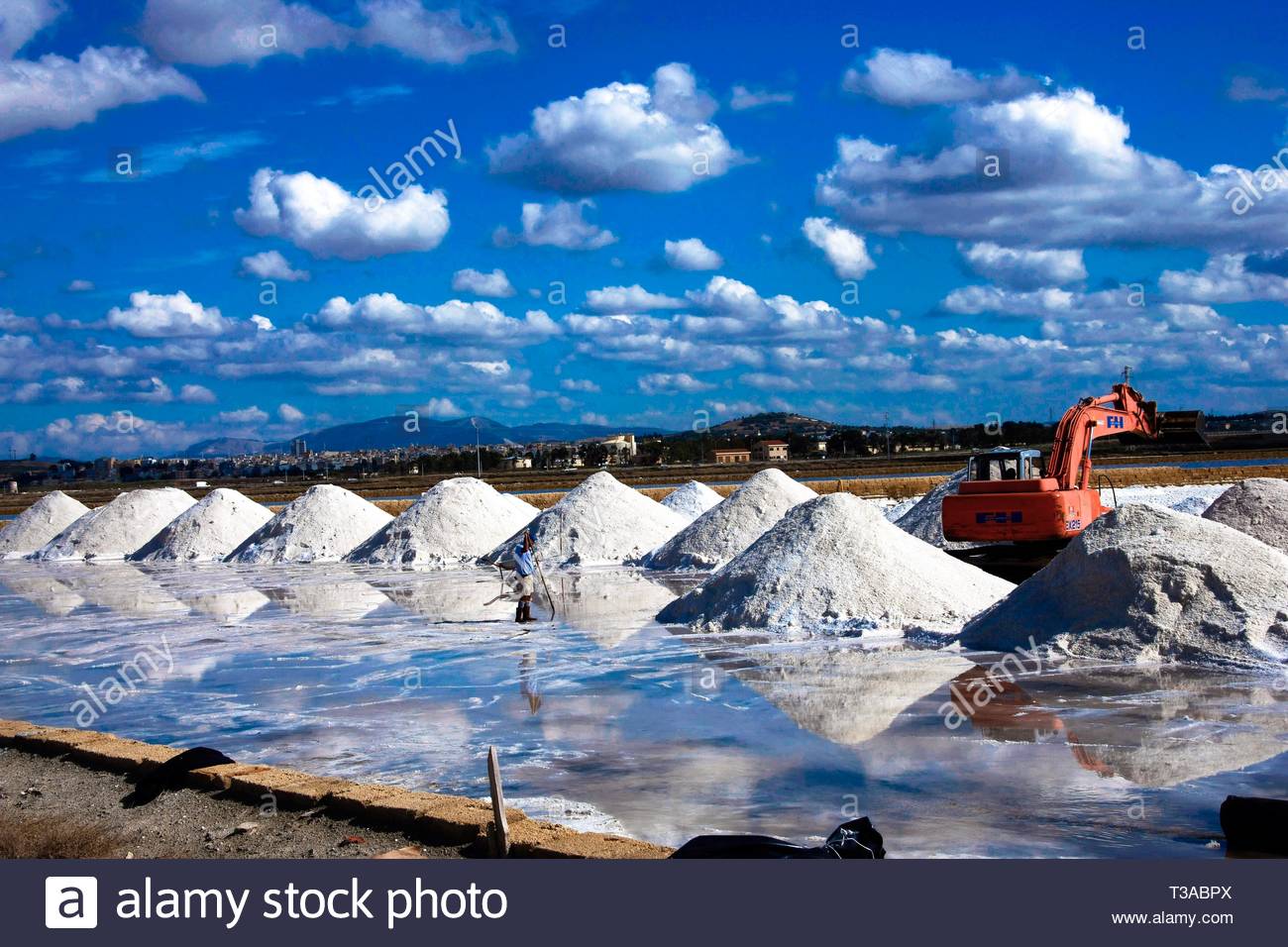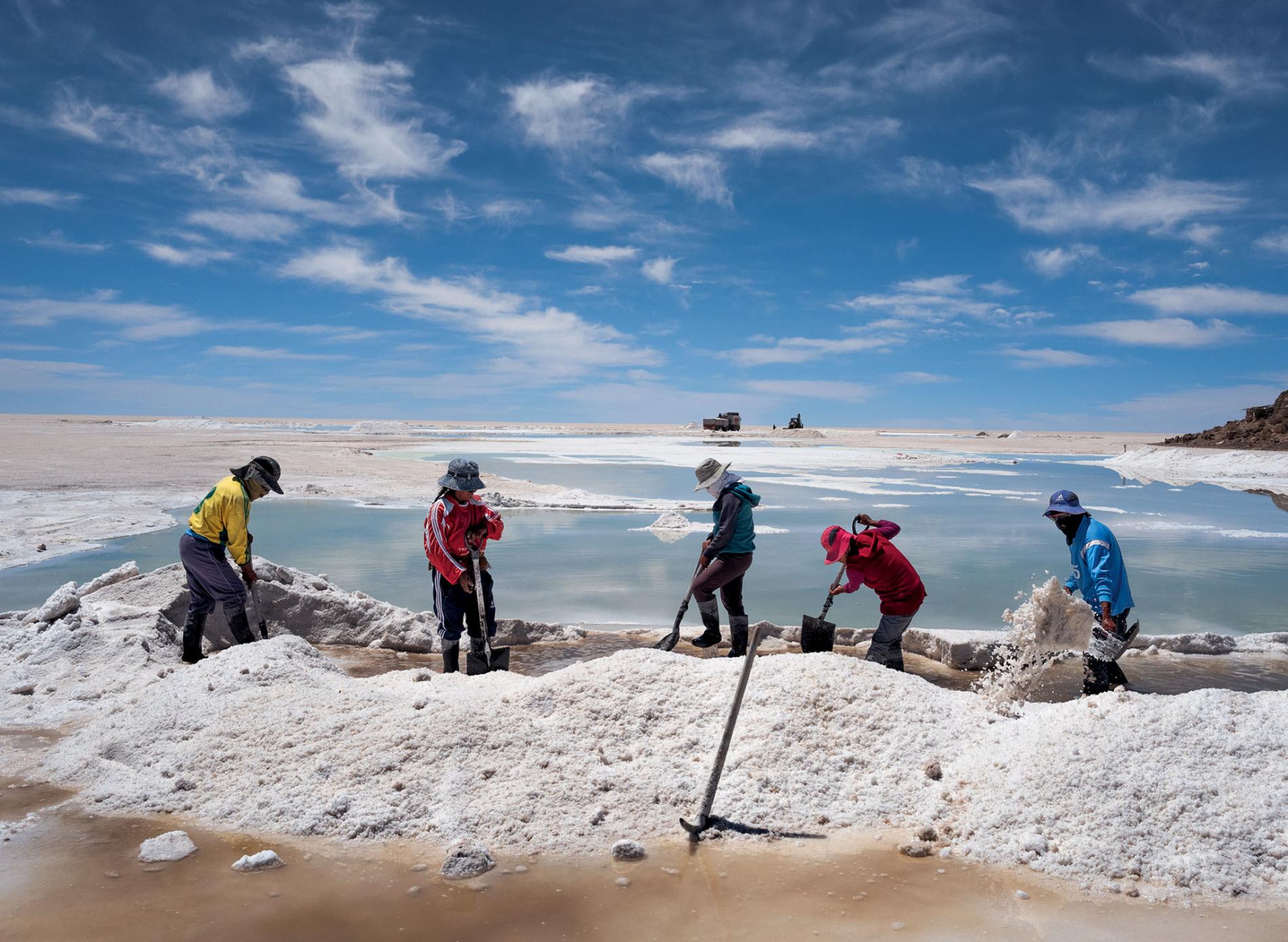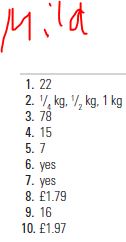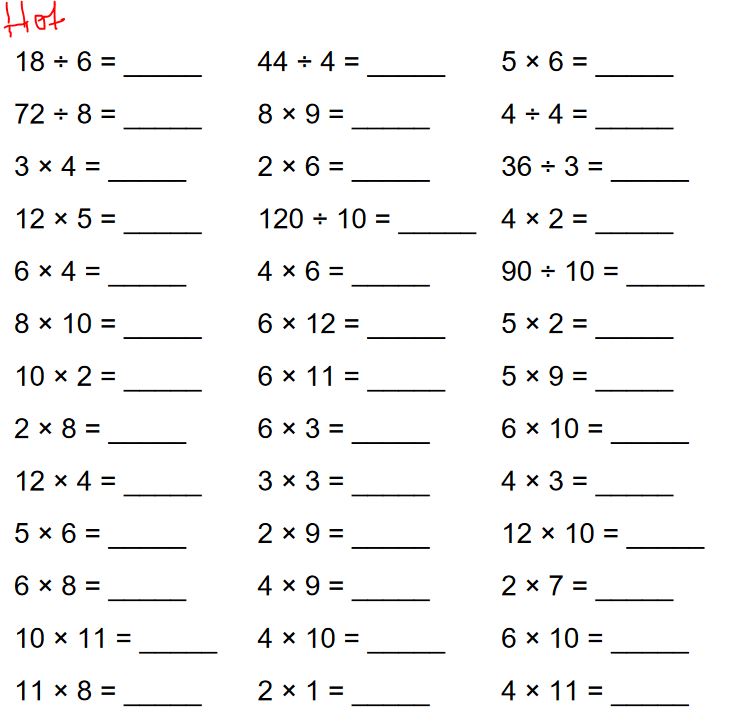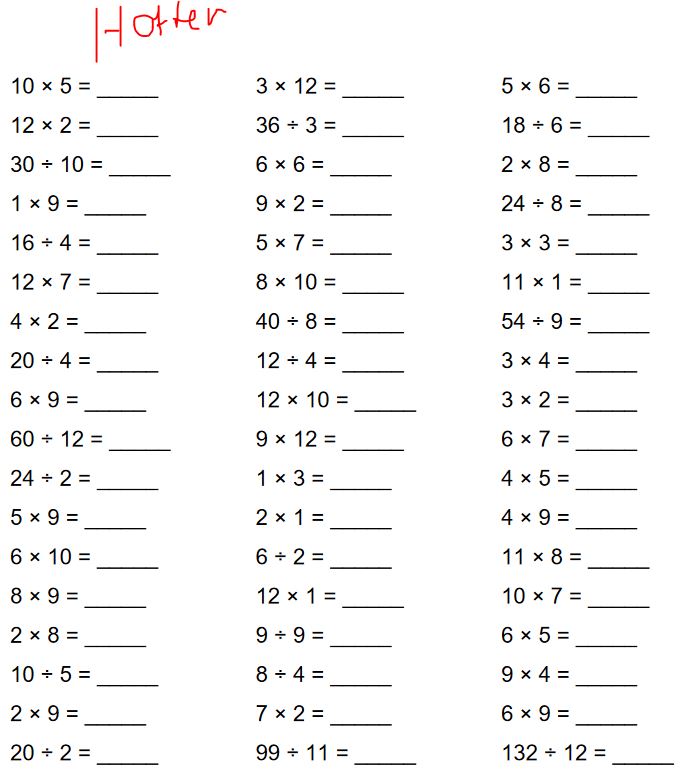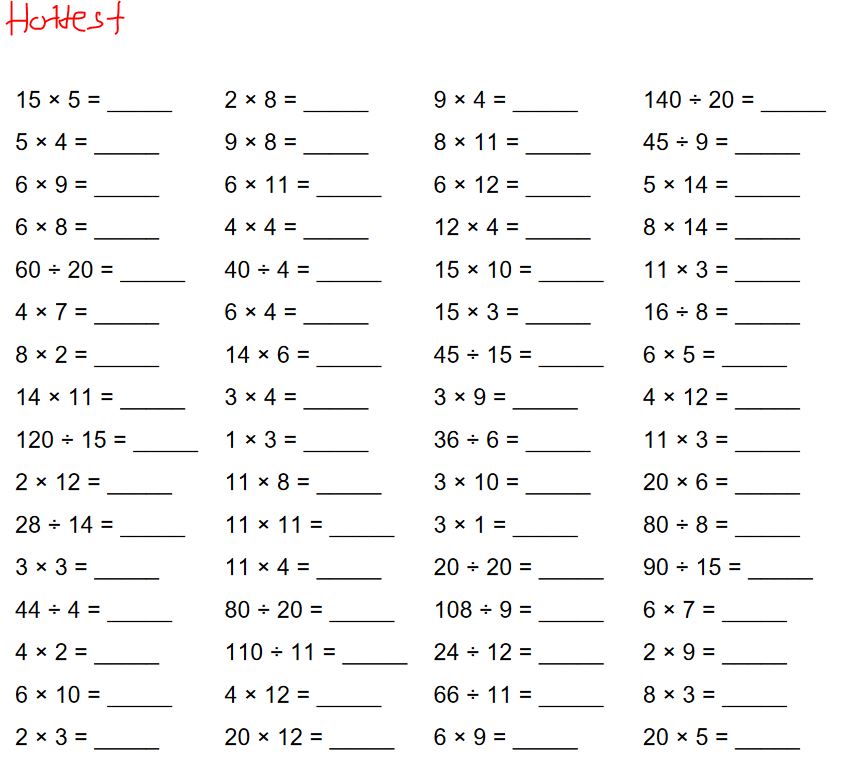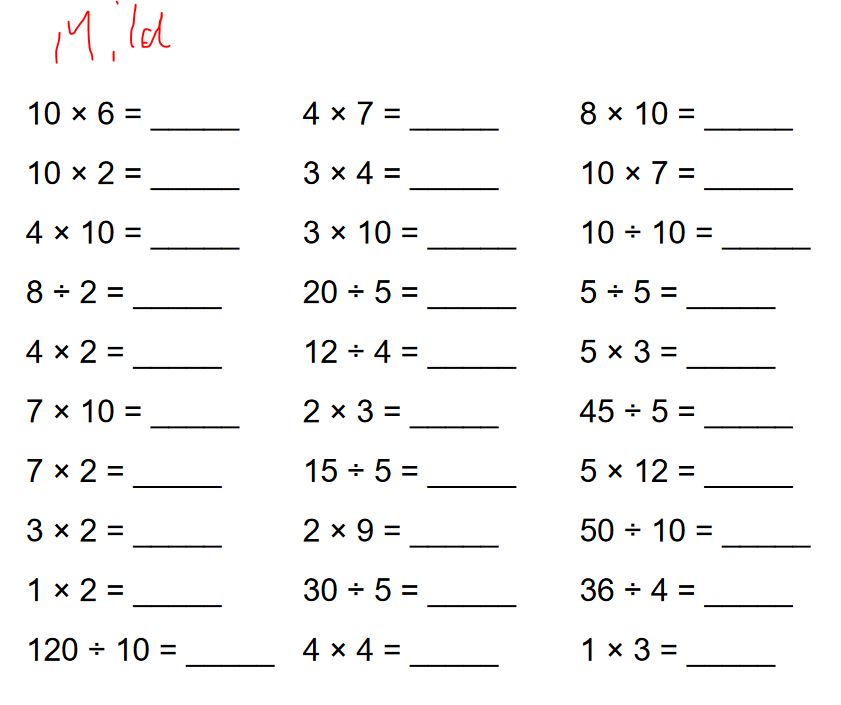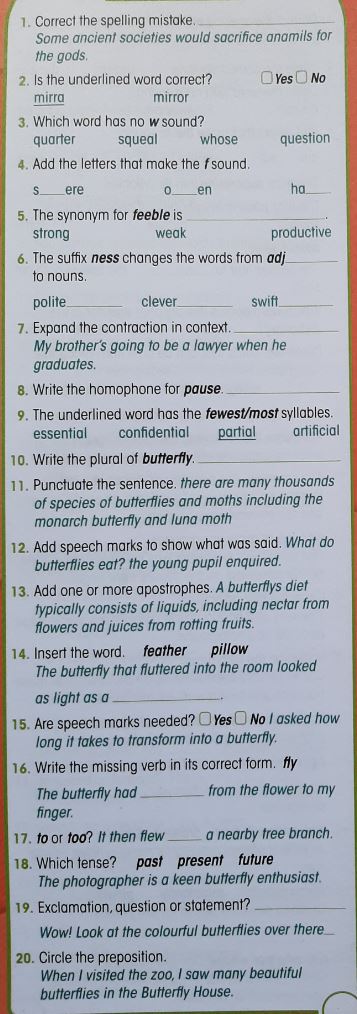Week 18th May 2020
Well done to last week’s Class-Dojo stars:
Cannon: …
London: …
Remember to send us your work via Dojo or email (howardyear5@gmail.com) to keep Dojo-Points flying high.
[dropshadowbox align=”none” effect=”lifted-both” width=”auto” height=”” background_color=”#d1dfbe” border_width=”1″ border_color=”#dddddd” ]Friday:[/dropshadowbox]
This is incredible, you have been learning from the distance for an entire half-term (plus the two weeks before) and now, your well deserved half-term holidays are arriving. Time for us usually, to start writing reports, even though that is somewhat challenging. On Monday, we will post a little set of tasks you can do over the holidays, but apart from that, you should just enjoy the time and make the most of it, learn a new skill, …
Maths:
-
Arithmetics Starter: If you haven’t finished yesterday’s arithmetics test, please do so today.
-
Main Task I: It is family challenge day. So, please find the tasks in the attached document. Su1-Wk5-L05-Family-Challenge-Friday-22nd
-
Afterwards, you can check the answers here: https://whiterosemaths.com/homelearning/year-5/
-
-
Main Task II: To review the last 8 weeks of learning, I would like you to start complete a range of assessments that we never had the chance to complete. Please write down your answers and post them to us. Over the holidays, we will work out a score.
-
Hot, Hotter and Hottest: Year-5-Area-and-Perimeter Year-5-fractions-A Year-5-Fractions-B Year-5-Decimals-and-Percentages_Assessment
-
Mild: If you really struggled with fractions, measurements and decimals/percentages, please try the Year 4 test first, over the holidays, please give the Year 5 test a go as well. Year-4-Length-and-Perimeter Year-4-Decimals Year-4-Fractions_Assessment Year-4-Area
-
English: As stated last week, Fridays I would like you to use for creative writing.
-
-
Yesterday’s SpaG answers. 1. expensive; 2. boulder; 3. watchfull; 4. gnome, pneumonia, knowledge; 5. embarrass; 6. tolerant, observant; 7. Ryan is …; 8. here; 9. special; 10 chest; 11. Gold mining ghost towns can be found in remote areas of some countries. 12. Many major gold rushes took place across parts of Australia, Brazil, Canada, South Africa and the United States of America in the 1800s. 13. didn’t; 14. sat, enjoyed; 15. verb groups; 16. under; 17. It’s; 18. and; 19. found; When
-
-
-
Today’s main task → Use this document to start. Su1-Wk5-L05 CreativeWriting
-
Reading: Listen to chapter 23 (Shrimps again) and please answer the following questions.
https://www.spreaker.com/user/12356852/chapter-23-shrimps-again
-
Questions in a document: StreetChild-chapter 23 – Shrimps Again
-
-
-
Why did Jim think everything looked wrong?
-
What did the houses look like now?
-
Why did the woman remind him of Rosie?
-
How much is a dozen?
-
Explain the meaning of the phrase ‘pastures new‘.
-
Why was Jim feeling a bit lost in the city?
-
What did the woman think Jim was intending to do?
-
Which metaphor describes how Jim is feeling?
-
Which word means to kneel or crouch down?
-
Why did Jim have trouble following the boy?
-
What effect did stealing food have on Jim’s spirits?
-
How do you know that Jim had never forgotten Shrimps?
-
Which simile describes how Shrimps moved?
-
Did Jim recognise shrimps mediately?
-
Jim kept his voice bright and said to Shrimps, ‘When you’re better, we’ll go around together like you said”. What do you think Jim was thinking at this point?
-
Why did Jim think Shrimps was seriously ill? Give two pieces of evidence.
-
Which two things did Jim do to show he cared for Shrimps?
-
-
-
ICT – Before I forget it again, please complete this lesson from BBC Bitesize Daily lesson:
-
RE – Since the next few days will see the arrival of Eid-al-Fitr, please complete the following activities.
-
Reading Comprehension (Choose the challenge you think is right → Kipling/Dahl: *, Donaldson: **, Morpurgo/Wilson: ***). t2-e-2248-ks2-eid-al-fitr-differentiated-reading-comprehension-activity
-
Create an Eid acrostic poem (you can, but don’t have to use the template). Eid_acrostic_poem
-
Build an Eid gift box → Choose 5 things you would put in and why (write this on a post-it note and place it inside the box. Eid-Gift-Box-Net-Templates_ver_1
-
Spanish – Please follow the next lesson.
-
-
-
Video:
Video Player00:0000:00-
Tasksheet slide 23 Mi Casa – Lesson 3 – WS – Slide 23 Listening Exercise Grid
-
Tasksheet slide 25 Mi Casa – Lesson 3 – WS – Slide 25 Reading Exercise Grid
-
-
Complete the vocabulary worksheet
-
Hot –> Mi Casa – Lesson 3 – Hot
-
Hotter → Mi Casa – Lesson 3 – Hotter
-
Hottest → Mi Casa – Lesson 3 – Hottest
-
-
Finish with a puzzle. Mi Casa – Lesson 3 – WS – Word Puzzle
-
-
[dropshadowbox align=”none” effect=”lifted-both” width=”auto” height=”” background_color=”#d1dfbe” border_width=”1″ border_color=”#dddddd” ]Thursday:[/dropshadowbox]
-
Maths:
-
Arithmetics Starter:Yesterday, you had another timestables practise, so no solutions here.
- Today’s Mental arithmetics is actually an arithmetics test. Please complete the attached arithmetic test. Thank you.
-
-
-
Main Task: I can subtract mixed numbers – Revision.
-
-
Visit and watch the animation Wk 18th May Lesson 4 from White-Rose on VIMEO: https://vimeo.com/418155840
-
Any more question? Visit BBC Bitesize daily lessons – Year 5 → https://www.bbc.co.uk/bitesize/articles/zhs9d6f
-
-
All: Complete activities 1-2 from the Bitesize-Activity 1 sheet: Maths p1
-
and question 1-2 from the White-Rose worksheet: Lesson-4-Subtract-mixed-numbers-2019
-
-
Most: Complete activities 1-3 from the Bitesize-Activity 1 sheet and 1-3 from the White-Rose worksheet,
-
Some: Complete all activities from the above worksheets also question 2 from BBC bitesize (https://nrich.maths.org/12955)
-
-
-
English:
-
-
Starter – Answers to yesterday’s SpaG starter: 1. hesitate; 2. renew; 3. No; 4. Yes; 5. welcoming; 6. renouncer, imperfect; 7. where is; 8. lead; 9. as old as the hills; 10. dictionary; 11. Oyster farms have been operating on France’s Atlantic coast for centuries. 12. “What do oysters taste like?” he asked. 13. Oysters are farmed for pearls and for their meat. An oyster’s life can span up to 20 years. 14. What; 15. No; 16. grow; 17. pair; 18. 3 (+ 1: “when” as the interrogative pronoun); 19. Yes; 20. Question
- Complete this set of ‘SpaG tasks:
-
-
-
Main-Task – We are coming back to Street Child for today’s English lesson. Since we are nearing the end of the book (chapter 27 is the last one), it is now time to summarise and retell. Before we can do that, however, we need to create a story map. This is today’s main objective.
-
-
Brain-storm on a piece of paper the stations of Barney’s life so far. (Feel free to listen to some of the podcasts again and also use the contents page of the book.
-
-
-
-
-
-
-
Now, let’s work in a systematic and chronological order and put those stations in the story in the correct order. Add any missing ones.
-
The Lilly, The Workhouse, Shed on the Thames River, The circus, rented overcrowded flat (Mr Spink’s house), Rosie’s former work (lord),
-
-
Lastly, it is now your job to create a beautiful, detailed story map of Street Child.
-
To your story-map add key characters, key events, feelings (Jim’s mental and physical state), anything that you found important,
-
-
Remember to send them via email or Class-Dojo as they would make awesome displays.
-
-
-
Reading: Listen to chapter 22 (On the run again) and please answer the following questions.
https://www.spreaker.com/user/12356852/chapter-22-on-the-run-again
-
Questions in a document: StreetChild-chapter 22 – On the run again
-
-
What could Jim hear in the distance?
-
Find two words that mean loud sounds.
-
What does scurrying mean?
-
Which other character had slept in the barn full of rats?
-
What is a cockerel?
-
Which 2 things woke Jim up?
-
How do you know the hens weren’t scared of Jim?
-
Describe the skirt that the old woman is wearing. What are the clues in the text?
-
Find a phrase that tells us Jim was scared to leave the barn.
-
What are pails and why was the old woman carrying them?
-
Explain why Jim was scared to talk to the old woman.
-
Explain why all the food was on the table?
-
Explain why Jim thought he might not get a chance to get food for a long time.
-
Which simile tells us how Jim escaped from the farmhouse?
-
Why didn’t Jim want to be recognised?
-
In what ways was Jim’s imagination playing tricks on him?
-
Find two ways Jim encourages himself on his journey.
-
Why did Jim feel the signpost might be magic?
-
At the end of the chapter why did Jim feel he was s getting closer to London?
-
History:
- Today, I would like you to create a presentation or factfile of a house/location/… of Croydon. Once finished, I would like to share that with the rest of the class so that we can share and give feedback.
-
Choices: Whitgift Almshouses, Addington Palace, Old Palace, Merton Abbey Mills (even though this is not in Croydon, but neighbouring and connected through …), Croydon Clocktower, Croydon Minster, Croham Hurst Woods (Can you find out what is so historic about it?), Whitgift Centre, St. Andrews Church, Surrey Street Market
-
[dropshadowbox align=”none” effect=”lifted-both” width=”auto” height=”” background_color=”#d1dfbe” border_width=”1″ border_color=”#dddddd” ]Wednesday:[/dropshadowbox]
Good morning and happy “World International … Day”
Check Class-Dojo for some Bee-Day related tasks.
-
Maths:
-
Arithmetics Starter:
-
Yesterday’s solutions:
-
-
-
-
-
Today’s Mental arithmetics will be a little times-tables task again.
-
-
-
-
Main Task: I can add two mixed numbers – Revision.
-
-
Visit and watch the animation Wk 18th May Lesson 3 from White-Rose on VIMEO: https://vimeo.com/418155646
-
Any more question? Visit BBC Bitesize daily lessons – Year 5 → https://www.bbc.co.uk/bitesize/articles/zknvgwx
-
-
All: Complete activities 1-4 from the worksheet: Su1-Wk5-L03-Add-mixed-numbers-2019
-
Most: Complete activities 1-7 from the above worksheet and also … Su1-Wk5-L03-Extension Hot
-
Some: Complete all activities from the above worksheets + these tasks: Su1-Wk5-L03-Hotter&Hottest extra
-
-
-
English:
-
-
Starter:
-
Answers to yesterday’s SpaG starter: 1. education; 2. flavour; 3. ambulance; 4. wrestler, worried, large; 5. impossible; 6. adjective to adverb, brightly, proudly, nervously; 7. Joanne has been having …; 8. rase, rays, raze; 9. as quick as lightning; 10. pane; 11. The bazaar district in Cairo, Egypt, is a major attraction for tourists and locals. 12. The whide-eyed, curious tourists were surprised to see so many colourful, shiny and interesting items for sale. 13. possession; 14. was looking; 15. purchased; 16. we, them, ourselves; 17. Mum accidentally threw out my ticket so I had to look through the rubbish for it. 18. future; 19. drank; 20. holiday, favourite, pyramids,
-
-
-
-
-
Complete this set of ‘SpaG tasks:
-
-
-
-
Main-Task – Due to the fact that today’s lesson on BBC Bitesize hits one of the big targets that was on our to-do-list, we are going to split the main task into two.
-
-
-
-
-
Visit BBC Bitesize and complete the “Using modal verbs” lesson including for all the activities 1 & 2, most should also at least complete parts of activity 3. https://www.bbc.co.uk/bitesize/articles/znd26v4
-
To refocus on the use of commas, please read and watch: https://www.bbc.co.uk/bitesize/topics/zvwwxnb/articles/zc773k7
-
-
-
-
-
-
-
-
Let’s particularly look at commas in Subordination. Remember that …
-
a subordinated clause is dependent on the main clause and gives additional information,
-
the main clause carries the key information,
-
the subordinated clause starts with a subordinating conjunction (although, because, even though, if, lest, since, though, until, when, whenever, …) or relative pronoun (which, who, that, whose …).
-
When the subordinated clause starts the sentence, a comma follows before the main clause.
-
When I opened the door, the two little monsters came running at me.
-
-
When using relative clauses and the subordinated clause (after the relative pronoun) is essential (restrictive) for the meaning and understanding of the main clause, no comma is needed.
-
I enjoy helping others who might find things difficult. (Without the relative clause we wouldn’t know who the others are.)
-
-
When using relative clauses and the subordinated clause (after the relative pronoun) is non–essential (non-restrictive) for the main clause (non important information that could be left out is added), a comma is needed.
-
I enjoy visiting my friend Thomas, who researches bats. (This assumes that you don’t have lots of different friends called Thomas, though.)
-
-
-
-
-
-
-
-
-
-
-
-
Complete the task-sheet: Su1-Wk5-L03-Activity
-
-
-
-
-
Reading: Listen to chapter 21 (Circus Boy) and please answer the following questions.
https://www.spreaker.com/user/12356852/chapter-21-circus-boy
-
-
-
Questions in a document: StreetChild-chapter 21 – Circus Boy
-
-
-
-
-
-
By what time was the tent erected?
-
At what time are the lanterns being lit?
-
Find two similes at the start of the chapter.
-
How did the circus children know the people were coming?
-
Which acts could the people see at the circus?
-
Why were Jim and Antonio showered with orange peel and nutshells?
-
When was the circus going to be moving on?
-
How do we know Jim was looking forward to marching in the procession?
-
Find five adjectives to describe the horses?
-
Why might Jim want to stand up and shout hooray for the circus?
-
Why did the Madame look peering and anxious?
-
Which part of the description at the end of the chapter is a clue to the identity of the person arriving at the circus?
-
Who arrived at the circus?
-
How will Jim be feeling at the end of the chapter?
-
What might Jim do next and why?
-
-
-
Extension: Despite its sometimes negative aura, a circus can be incredibly fascinating. Why not check out …
-
-
-
… the mind-blowing, Montreal based “Cirque du soleil”? → https://www.youtube.com/watch?v=VL0TG_nCqzE (If you are a little impatient, fast forward into the middle of the video and you grip tightly to your chair → utter madness),
-
-
Music: Please visit and practise the 3rd session on “Making Music” – Today’s awesome teacher is Mr Holland
https://www.cma-online.co.uk/making-music (PW: makingmusic123)
A quick question: What is the name of the famous 3-wheeled car in the Mr Bean series? I am sure there is one driving around somewhere in Croydon.
Please also check out the two links under the video (onlinepianist and virtualmusicalinstruments).
Geography: I can understand, analyse and take action to keep our beaches safe/clean.
-
Moving on from how natural processes shape and change the coast/beaches, today, we will look at the human influence and think how we can protect the beaches for the future.
-
Read and complete the following task-sheet: -> Looking after beaches
-
Optional: Create a poster encouraging people to save/protect the beaches.
[dropshadowbox align=”none” effect=”lifted-both” width=”auto” height=”” background_color=”#d1dfbe” border_width=”1″ border_color=”#dddddd” ]Tuesday:[/dropshadowbox]
Happy Tuesday morning. We hope you are all well, unfortunately, we have been teased by the bug-bear which is why our phone and broadband cut off again just after yesterday’s post. That’s why today’s post starts very short. Apparently, somebody who know how things work will come and check. Sorry and a big thank you for your patience.
-
Maths:
-
Arithmetics Starter:
-
Since we had timestables to practise, so there are no solutions for yesterday’s work.
-
Today’s Mental arithmetics:
-
-
-
-
Main Task: I can add fractions – Revision.
-
-
Visit and watch the animation Wk 18th May Lesson 2 (BBC Bitesize daily lessons – Year 5) https://whiterosemaths.com/homelearning/year-5/
-
All: Complete q. 1 and 2 on the BBC daily lesson activity
-
Most: Also complete q. 1-3 from the attached sheet: Su1-Wk5-Lesson-2-Add-fractions-2019
-
Some: Complete the further questions from the above worksheet,
-
-
Challenge: Create board game with adding fractions.
-
-
-
English:
-
Starter:
-
Answers to yesterday’s SpaG starter: 1. animals; 2. No; 3. whose; 4. sphere, often, have; 5. weak; 6. politeness, cleverness, swiftness; 7. brother is; 8. paws; 9. fewest; 10. butterflies; 11. There are many thousands of species of butterflies and moths including the Monarch butterfly and Luna moth. 12. “What do butterflies eat?” the youngest pupil enquired. 13. butterfly’s dies; 14. feather; 15. No; 16. flown; 17. to; 18. present; 19. Exclamation; 20. in
-
Complete this set of SpaG tasks:
-
-
-
-
Main-Task – I can use a range of language devices to describe a setting.
-
Complete the lesson activities from the following document: Su1-Wk5-L02-stowaways
-
Option: Describe the arrival from the perspective of one of the three. Include thoughts and feelings. Be very detailed.
-
-
Reading: Listen to chapter 20 (The Green Caravan) and please answer the following questions.
https://www.spreaker.com/user/12356852/chapter-20-the-green-caravan
-
-
Questions in a document: StreetChild-chapter 20 – The Green Caravan
-
-
-
-
-
Where had Jim been sleeping?
-
How many horses did he see?
-
Which movements had the man being teaching the horses?
-
Find a simile to describe the horses.
-
Find a simile to describe the tent.
-
How did Jim know what the words on the side of the caravan said?
-
What was attached to the green door?
-
What might “funnel” in this context mean?
-
What is muslin?
-
Which words mean “pull very hard with a lot of effort”?
-
How was Jim feeling about Nick?
-
When he was talking to the woman, how do we know Jim was extremely hungry?
-
What made him feel so self-conscious inside the caravan?
-
Which piece of clothing did the woman have to make?
-
Where has Jim learned to sew?
-
How do we know that Mr Juglini was a friendly person?
-
At the end of the chapter, what might Jim have wanted to say?
-
-
-
Science: Today’s task or investigation will be particularly exciting and messy, because you get to mix different substances and then try to separate them again.
-
To document today’s work, I would like you to create two posters (one for each investigation) with steps and pictures (can be on a PowerPoint® presentation) of your investigation.
-
First, recap and record from your memory/experience. What can be used to separate …?
-
-
rice from salt,
-
ground coffee from coffee beans,
-
stones from soil,
-
pumpkin seeds from Shia seeds,
-
sugar from lumps of sugar,
-
… (add your own example,
-
-
Now, create the following mixtures and then separate them.
-
-
-
rice and sand (or water if you don’t have sand),
-
ground coffee and water
-
pasta and rice
-
paper-clips and sand/soil
-
… (your choice),
-
-
-
Option/Challenge: Find 5 different substances, mix them and show us how you could separate them again over a series of steps.
-
Finally, I would like you to set up an experiment where we undo what we did with the sugar and the water last week. However, we will be using salt instead of sugar.
-
Predict: What happens when I leave salty water in the sun?
-
Set-up: Mix a cup full of water with 3 table-spoons of salt.
-
Method:
-
Option 1: Heat the mixture and observe what’s happening to the water and salt solution.
-
Option 2 (the more exciting one):
-
Put the mixture in a bowl.
-
Inside (middle) of the bowl, place a small beaker/cup/… (whatever fits).
-
Cover the bowl with cling-film and put a small weight in the middle of the cling-film so that it “points” towards the centre of the cup that is placed inside the bowl.
-
Leave your experiment on the window-sill in direct sunlight and observe over days what’s happening to the water and salt solution. (How long did it take for the mixture to be separated?)
-
-
-
-
-
Record as above in the form of a poster.
-
-
How is that relevant? Well, look at this picture of a plant/”factory” that separates sea-salt from sea/ocean water (it also obviously “produces” or harnesses water which is used in farming and could even be used as drinking water.
-
Also, have you watched and do you remember “Race across the world” where the two winners worked on a salt-lake high up in the Andes? There, they had to get blocks of salt from the ground and once the “pool” they had created was empty, water from the lake was left in again.
-
While today, we examined reversible changes (you can undo the mixing, essentially), next week you will be looking at irreversible changes.
[dropshadowbox align=”none” effect=”lifted-both” width=”auto” height=”” background_color=”#d1dfbe” border_width=”1″ border_color=”#dddddd” ]Monday:[/dropshadowbox]
-
Maths:
-
Arithmetics Starter:
-
Solutions from Friday,
-
-
-
-
Main Task: I can add and subtract fractions within 1.
-
-
Visit and watch the animation Wk 18th May Lesson 1: https://www.bbc.co.uk/bitesize/articles/zh9brj6
-
Also watch the videos under https://www.bbc.co.uk/bitesize/articles/z42vgwx
- Worksheet for the following activities: Su1-Wk5-Lesson-1-Add-and-subtract-fractions-2019
- Worksheet for the following activities: Su1-Wk5-Lesson-1-Add-and-subtract-fractions-2019
-
All: Complete activity sheet 1 (BBC) and question 1-3 of the attached worksheet.
-
Most: Complete activity sheet 1 & 2 (BBC) and question 1-5 of the attached worksheet.
-
Some: Complete activity sheet 1 & 2 (BBC) and question 1-7 of the attached worksheet.
-
-
Challenge: Create your own style questions similar to question 6 and 7 from the attached worksheet.
-
-
English:
-
Starter:
-
There was no SpaG starter on Friday, so no checking is needed.
-
Complete this set of SpaG tasks:
-
-
-
-
Main-Task – I can use a range of language devices to describe a setting.
-
Read through the word bank with words and phrases which are linked to our Geography learning:
-
Beach:
-
pebbles, shingles, cove, bay, dunes, sand, cliffs; …
-
powdery, pebbly, rocky, sloping/sloped, shimmering/shimmered, lined, framed, sheltered; …
-
pebbly bay; sugar white, sandy beaches; vivid blue sea; large umbrella palm trees; emerald jewel of coral reefs; diamond dust beaches; a long arc of powdery sand; monumental, breathtaking dunes; sheer cliffs with razor-sharp edges; …
-
-
Islands:
-
reef, lagoon, caves, coral, skeleton, relics, rocks; …
-
thin, flat, wide, narrow, multi-coloured, blue, diamond, crystal, ancient, …
-
pure, white beaches; tropical, rainbow-coloured fish; beautiful coral reef; barren and rocky; eerie, lifeless island; jigsaw of human and animal bones/skeleton; relics of an ancient world; sinister view of volcanic peaks and a moon-like landscape; …
-
ablaze with a spectacle/myriad of rainbow coloured flowers; palm trees swayed in the breeze; circled/hugged by a shallow, turquoise and blue lagoon; teeming with multi-coloured corals and tropical fish; guarded by steep, rocky cliffs that defended the paradise like a gigantic, sooth-black castle; haunted by terrifying creatures; echo of pain and death lingered; …
-
-
-
Use these phrases when describing one of the following pictures in 5-10 sentences (use at least 10 of these words and phrases):
-
-
-
-
-
-
Challenge: You could even turn this into a narration where somebody just stranded on the island and talks his/her first walk.
-
-
Option: Find or draw your own island paradise or nightmare and describe it.
-
-
-
Spellings: See and practise based on the attached file. Su1-Wk5-Spellings
-
Reading: Listen to chapter 19 (Away) and please answer the following questions.
-
https://www.spreaker.com/user/12356852/chapter-19-away
Questions in a document: StreetChild-chapter 19 -Away
-
-
-
-
-
-
Why was Snipe pulling against the Rope?
-
Which word means to shout loudly!
-
How do we know Nick was angry when he woke up?
-
What did the noise that Nick and Snipe made trigger to happen?
-
Which word tells us that Jim was running quickly?
-
Describe how Jim ran.
-
Why did Jim think he was being followed?
-
How do we know Jim had run quite a distance from the Lily?
-
What did Jim worry that might have happened to the dog and Nick.
-
At the end of the chapter, what does the expression ‘now you’re for it Jim‘ mean? Explain.
-
-
-
-
-
Art: Today, I would like to give you a little more freedom in your choice of Croydon art.
From or on your walk, please take a picture of what best symbolises Croydon (e.g. building). That might be a certain building, a park, a road … You choose.
After taking the pictures use it as a basis for your own perspective or observational drawing.
→ Revisit the perspective drawing video (2 weeks ago), if you need or wish to. Here is a different link with other objects: https://www.youtube.com/watch?v=twcFW0RyOO8
→ Start drawing.
Have fun drawing!

